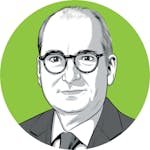For the last two years, the environmentally focused retailer Askov Finlayson has been in hibernation as challenges its founders once faced spawned a new business that may have a greater impact on slowing the effects of climate change.
Brothers Eric and Andrew Dayton took after their great-great-grandfather, the founder of the Dayton's and Target retail empire, by starting their men's boutique in the North Loop area of Minneapolis. For a decade, Askov Finlayson sold unique brands and an eponymous line of winter gear emblazoned with "North" and "Keep the North Cold," representing the brothers' desire to fight climate change.
The store remains on ice for now, Eric Dayton says. Thinking about the challenges it faced, he started a new company called Cold Climate to smooth the work of environmentally minded business owners.
"This is where my passion is," Dayton said. "I realized with Askov Finlayson, it was the mission. It wasn't the product. It was the mission."
Having recently raised $2.6 million from venture capital investors, Cold Climate is coming out of "stealth mode," Dayton said, and is ready to show what it's been building.
It's a software-as-a-service platform to help businesses comply with sustainability requirements of their suppliers, retail partners and, in some cases, regulators. It's aimed for the moment at outdoor apparel firms and smaller companies that don't have the luxury of hiring a full-time person to focus on environmental or sustainability issues.
"We're building something that would apply to consumer products and brands," he said. "What we'll ultimately build will be somewhat industry-flexible and meet the needs of any company that's in a supply chain facing these challenges."
One such challenge that was particularly difficult for Askov Finlayson, Dayton said, was measuring its carbon footprint, the amount of greenhouse gas emissions associated with the actions of the business.
The firm had a policy of measuring its carbon footprint annually, multiplying that number by the social cost of carbon, and then giving away 110% of that total each year to environmental nonprofit. He described it as a self-imposed carbon tax that allowed Askov Finlayson to describe itself as a "climate positive" company.
In the 2010s, there were no tools to make such a calculation, so the firm hired a consultant each year to gather data. Today, many small firms are in the same boat because business partners such as major retailers or government regulations require them to keep track of environmental impacts.
At Askov Finlayson, Dayton said he and his brother were "proud of the impact we were having and credibility we'd achieved" on climate change matters.
"But I looked back at the journey to get there and I thought, if this is what we're expecting every other company to do to get where we need to be, we're in real trouble," Dayton said.
He knew he needed someone with strong technology skills to help start Cold. Through a mutual friend, Dayton met Dan Lindquist, who had helped start another software company, MainStreet, that helped small businesses cut through regulations and find credits in the tax code.
"He was looking for what was going to be next, and I was looking for someone with his background, and we really just clicked," Dayton said.
With a team that has grown to around 10 people, they built a software service that lets businesses calculate carbon footprints using data they may have already gathered to ensure their compliance with environmental regulations.
Dayton said that wasn't his first plan for Cold. Initially, he approached customers offering to serve more like a consultant: Cold would measure a business' carbon footprint, then make suggestions of how to do things better.
"We got our first couple of customers that way, but it wasn't really clicking," Dayton said. "We realized by not making this about sustainability for sustainability's sake, although I certainly believe in that, we could appeal to a much greater number of customers if we made it about sustainability compliance."
An outside adviser reminded Dayton and Lindquist that businesses don't buy vitamins, they buy painkillers. He told them to concentrate on solving the pain that businesses face.
"There's a huge amount of data they are required to collect and organize and then use for this reporting," Dayton said. "That's a big headache. We can be a painkiller there."
For example, firms around the country are now scrambling to comply with a new California law that prohibits the presence of PFAS, or forever chemicals, in fabrics. Many states, including Minnesota, are banning the intentional addition of PFAS chemicals in products, but California has gone a step further to set limits on the organic presence of fluorine. "That creates a huge data collection and reporting challenge," Dayton said.
For the last year, Cold has been working with a dozen or so customers that piloted its platform. "I'm hopeful and cautiously optimistic that we're positioned for a big year ahead," Dayton said.
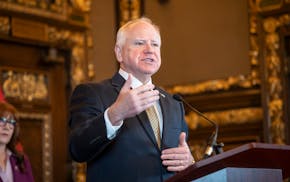
Ramstad: Gov. Walz, things are not getting done in Minnesota
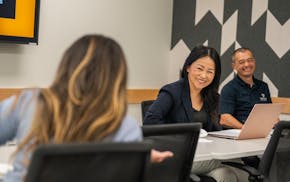
Ramstad: AI is English-centric, but it's picking up Hmong quickly
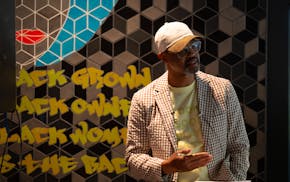
Ramstad: Minneapolis' Camden neighborhood is rising. Houston White wants to keep it that way.
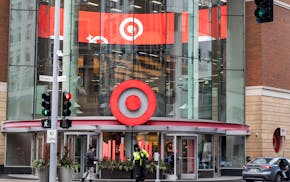
Ramstad: Minnesota's big businesses are in crisis with a common problem

